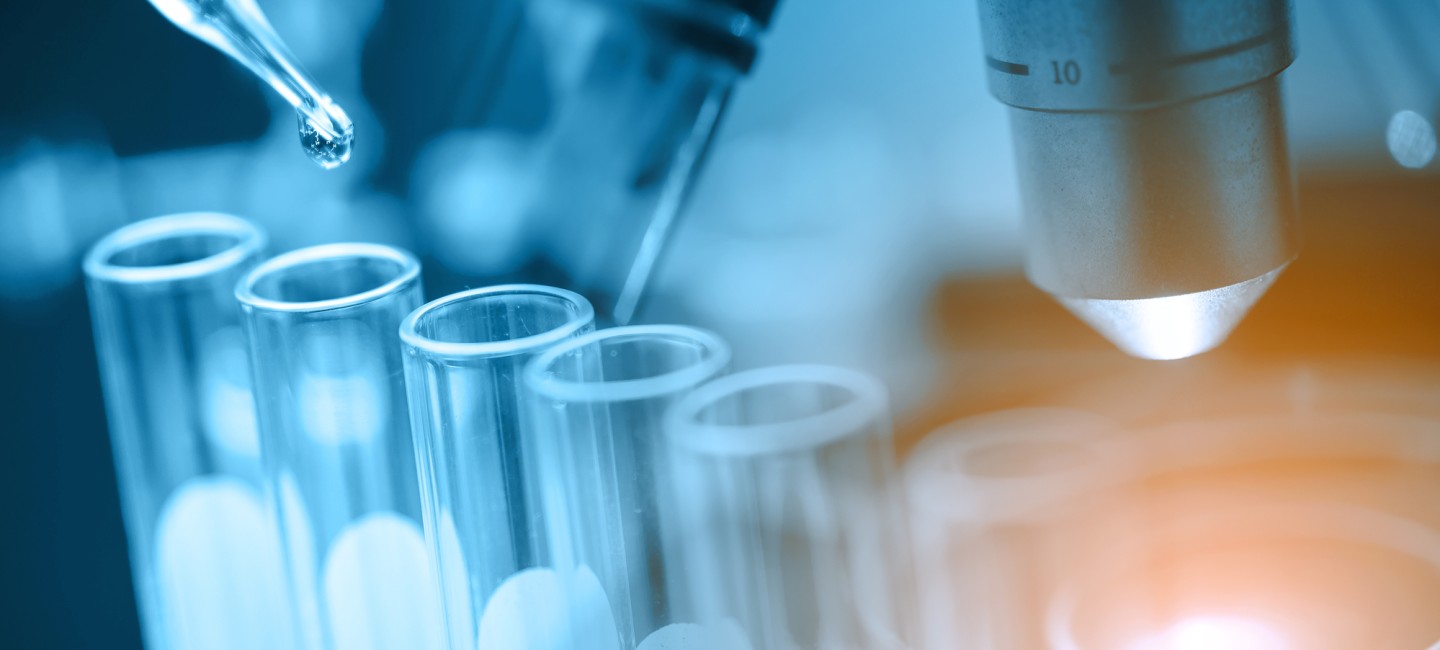ICMR validates TrueNat test for COVID-19 diagnosis
May 25, 2020 | Monday | News
This fully indigenous diagnostic platform offers a reliable and affordable option to augment the SARS-CoV-2 testing capacity in India
Image credit- shutterstock.com
The Indian Council of Medical Research (ICMR) had earlier validated the indigenous TrueNat assay for Tuberculosis. The test is WHO pre-qualified and is included as a reliable and accurate method for quick screening of TB patients. The TrueNat assay has also been validated by ICMR-NIV as a point of care test for Nipah virus disease.
In April 2020, the indigenous manufacturer developed TrueNat assay for screening of SARSCoV-2, causing COVID-19. ICMR undertook successful validation of the E gene screening assay, following which TrueNat based testing has been initiated by the states for SARS-CoV2 detection. From April 2020 till date, more than 1.3 lakh screening tests have been conducted by states. However, the rate limiting step has been the lack of TrueNat confirmatory assay. All the TrueNat positive samples had to be confirmed by RT-PCR based tests either located in the same or different laboratory.
Recently, the indigenous manufacturer has also developed a RdRp gene based confirmatory assay of TrueNat which has been successfully validated again by ICMR and has been found to have high sensitivity and specificity. Both the validations have been stringently conducted by DHR/ICMR Virus Research & Diagnostic Laboratory (VRDL) at Bangalore Medical College & Research Institute, Bengaluru.
ICMR has now recommended the TrueNat COVID-19 test as a two-step test: step one i.e. E gene screening assay for all COVID-19 suspect samples to be followed by step two for the RdRp based confirmatory test in all E gene positives.
This fully indigenous diagnostic platform offers a reliable and affordable option to augment the SARS-CoV-2 testing capacity in India. The platform comprises of a TrueNat machine, inbuilt RNA extraction system, RT-PCR chips, collection swabs and viral lysis medium (VLM). Single assay has a turnaround time of 35-50 minutes for 1-4 samples with a total of 12-48 samples being tested per day, depending upon the type of machine. The biosafety and 2 | P a g e biosecurity requirements are minimal in view of the sample being collected in viral lysis medium (VLM), which inactivates the virus. The test can be used at the level of district hospital/ Primary health centers also.









